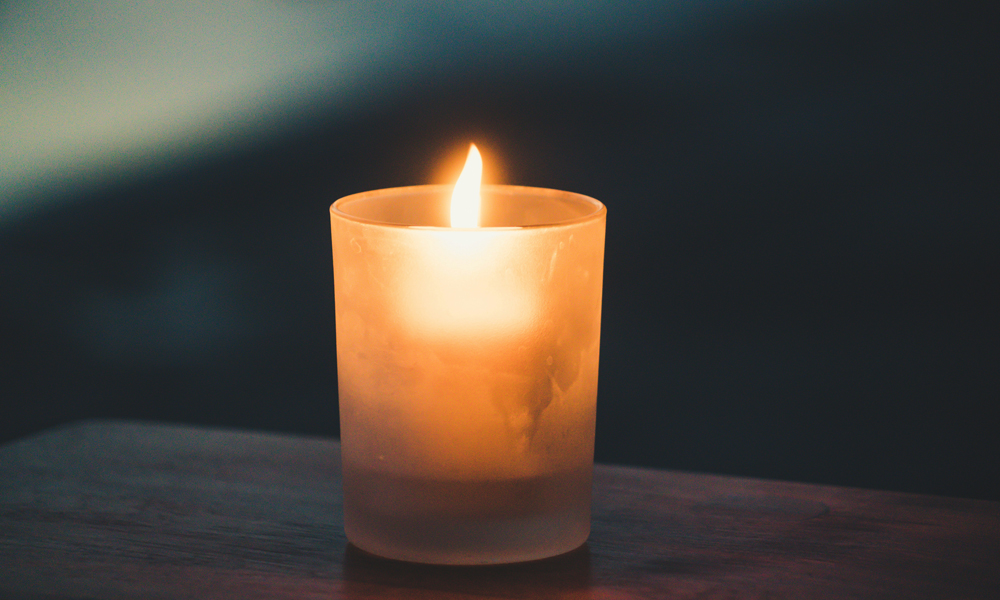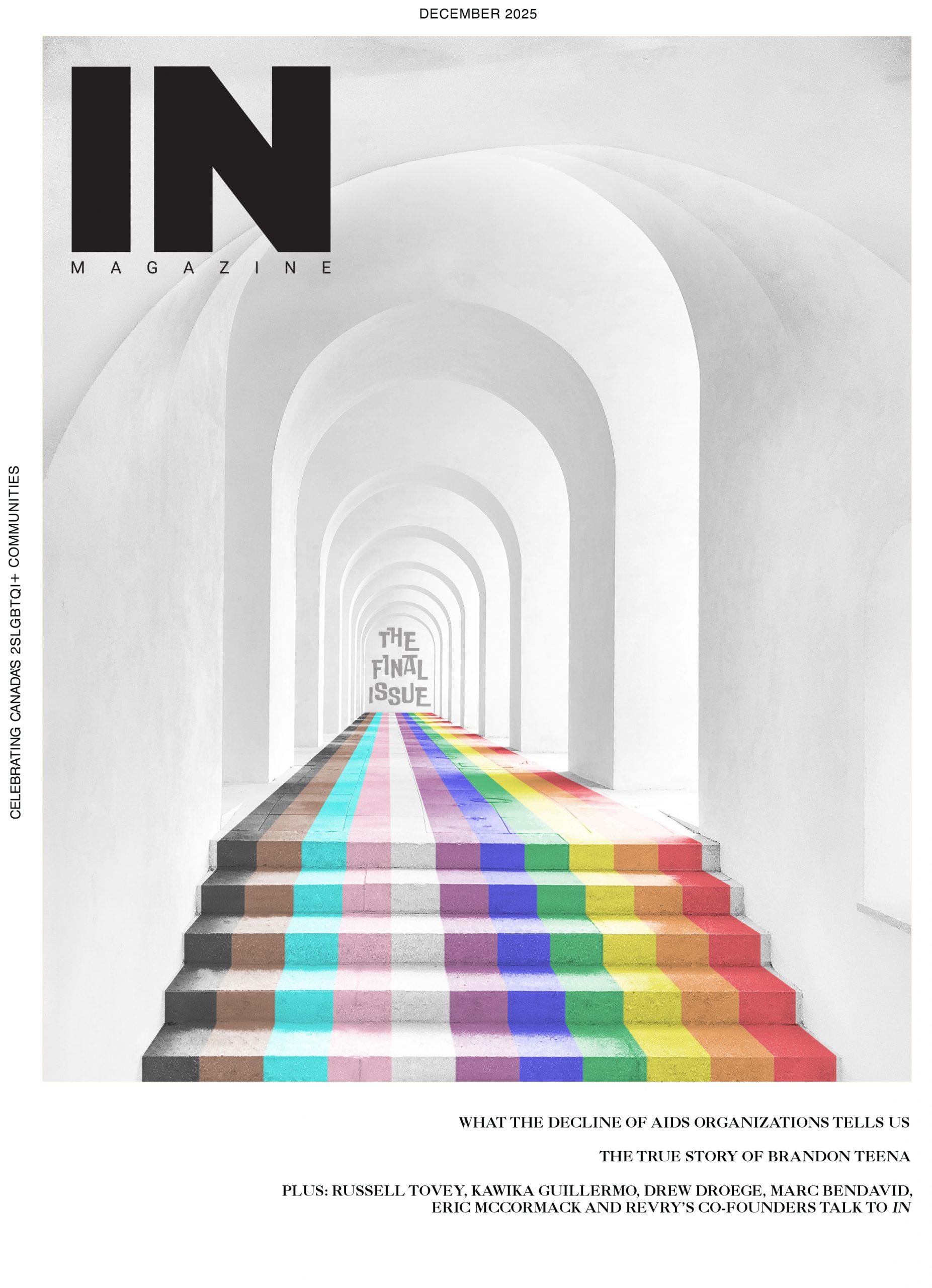The Pew Research study reveals LGBTQ+ Americans were more likely to consult their horoscope or tarot cards than U.S. adults overall…
If you’ve ever consulted your astrological sign or had your tarot cards read for guidance on a life decision, you’re not alone. A new study published by Pew Research this week, looks at the rising popularity of New Age practices (astrology, tarot, fortune tellers) among Americans. The survey, conducted last fall, found LGBTQ+ people were more likely to consult these New Age practices than U.S. adults overall.
The survey found that just over half of LGBTQ+ Americans (54 per cent) consult astrology or a horoscope at least yearly, whereas U.S. adults overall only represented 28 per cent. It also found LGBTQ+ women (63 per cent) are more likely than LGBTQ+ men (40 per cent) to consult astrology at least yearly.
When it comes to tarot cards, 33 per cent of LGBTQ+ adults say they consult the cards, compared to U.S. adults overall (11 per cent). When it comes to seeking guidance about making life decisions, the study found 21 per cent of LGBTQ+Americans say they rely at least a little on what they’ve learned from astrology, tarot cards or a fortune teller.
Pew Research notes academic research on LGBTQ+ people and New Age practices is limited, though this study may warrant a deeper look.
Overall the research found that 30 per cent of U.S. adults (regardless of sexual orientation or gender) consult astrology, tarot cards or a fortune teller yearly, but do so for fun, with only about five per cent doing so on a weekly basis.
Younger women (18 to 49 years old) were found to believe in astrology (43 per cent) more than women over the age of 50 (27 per cent). When it comes to men, the belief is minimal with only 20 per cent of men 18 to 49 years old and 16 per cent for men over the age of 50 believing.
A full breakdown of the key takeaways from the survey of over 9,500 U.S. adults also looks at how religious affiliation, race and ethnicity, income, education and political beliefs play into people’s beliefs of these New Age practices.






POST A COMMENT